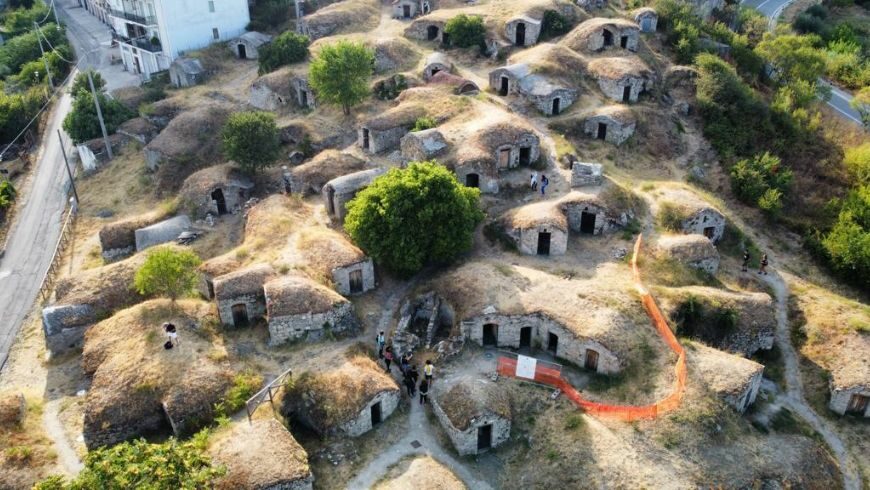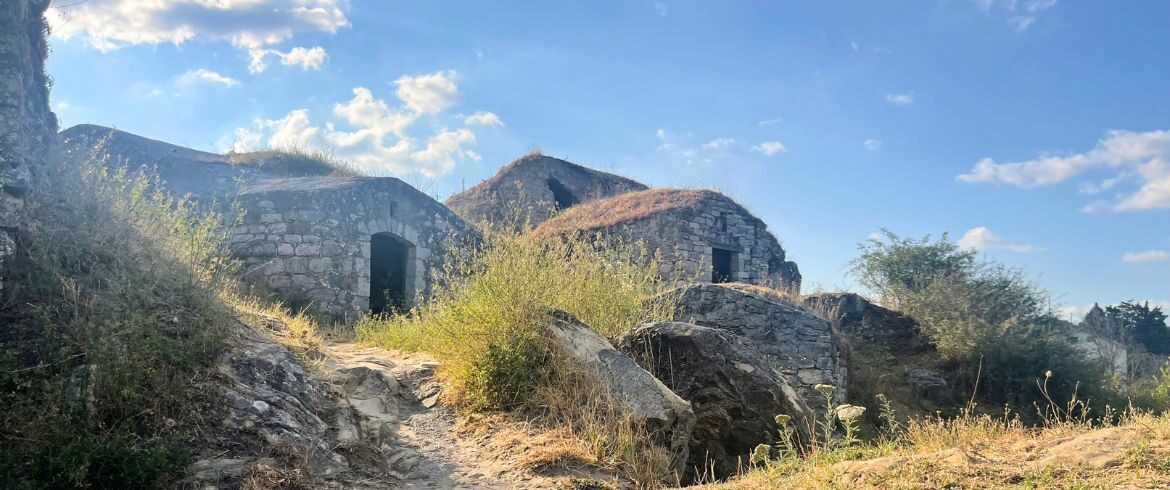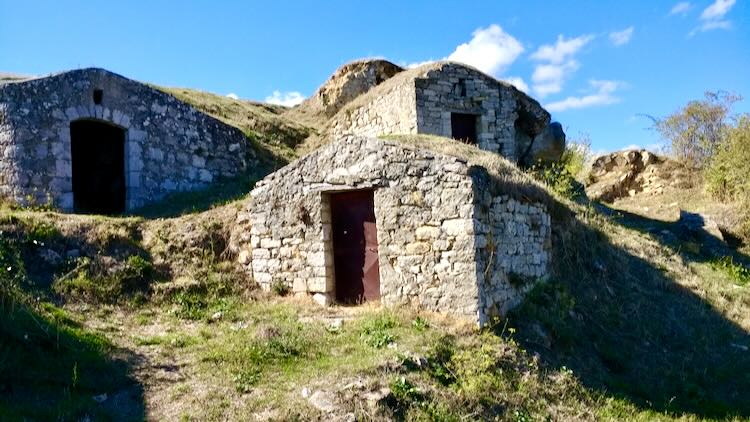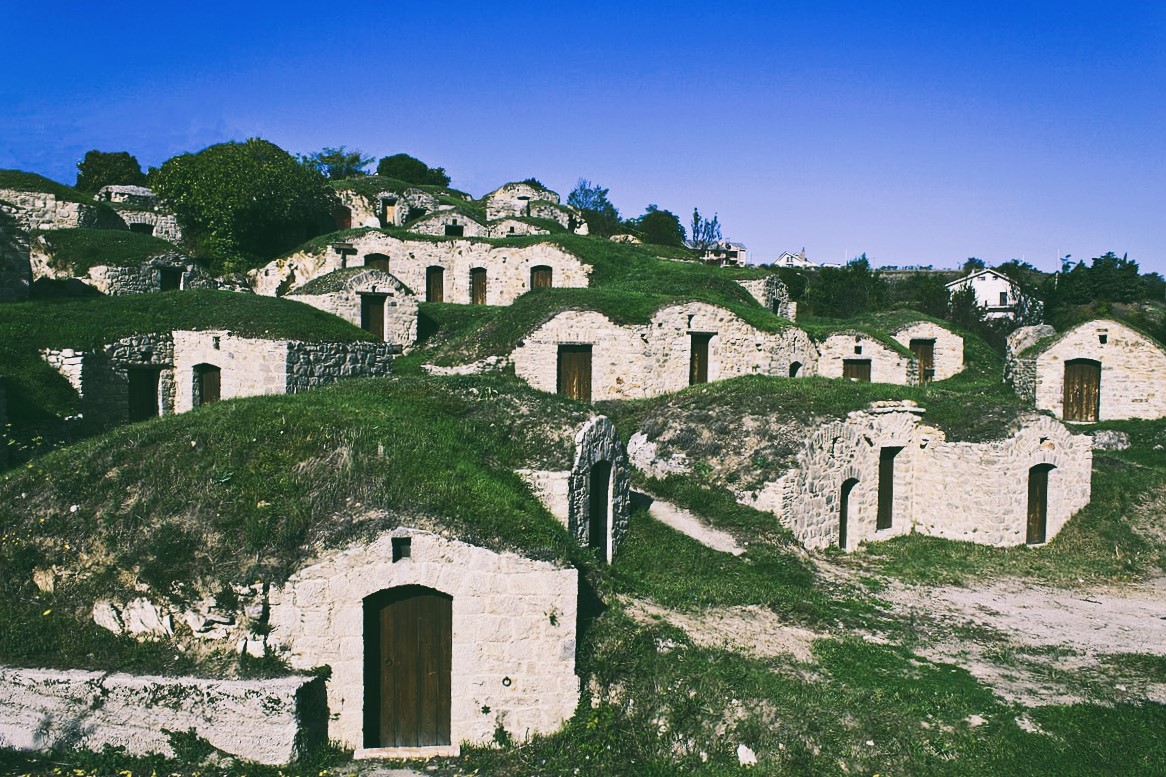Introduction to Pietragalla
Tucked away in the province of Potenza in Basilicata, Pietragalla is a small village with a population of around 3,000 people. Despite its size, Pietragalla holds a significant place in Italy’s agricultural history, particularly in the preservation of traditional wine-making. Known for its Parco dei Palmenti, a unique historical park, the village offers a rare glimpse into centuries-old rural practices. Recently, Pietragalla gained further recognition when it was designated as a “place of the heart” by the Italian Environment Fund (FAI).

Parco dei Palmenti: Preserving Wine Heritage
The heart of Pietragalla’s heritage is the Parco dei Palmenti, an open-air museum featuring around 200 historical houses, originally built between the 18th and 19th centuries. These homes served as centers for wine production, with structures specifically designed to house wine presses (known as palmenti), which were used in the traditional process of winemaking. Some of these buildings may even date back to the 14th century, further enhancing the site’s historical value.

The park is not just an architectural marvel but a symbol of rural life in the region, preserving ancient methods of wine-making that are still practiced today. As one of the few examples of peasant civilization left in southern Italy, the Parco dei Palmenti reflects the long-standing relationship between the people of Pietragalla and the land they cultivate.
A Community-Driven Effort to Preserve Heritage
The restoration and accessibility of Parco dei Palmenti has been made possible through the dedicated work of volunteers and local guides. These efforts aim to not only preserve the park but also to share the village’s cultural richness with the public. Local guides lead visitors through the historic wine presses and explain how the villagers used stone structures to produce wine, offering a connection to the past that would otherwise be lost.

Wine in Pietragalla Today: A Continuation of Tradition
While the methods of production have evolved, the wine-making tradition in Pietragalla remains alive. The Parco dei Palmenti serves as a reminder of the village’s agricultural roots, with many local wineries still producing wines using techniques that have been passed down through generations. These wineries are helping to keep the region’s reputation for high-quality wine intact.

Modern-day wine festivals and tasting events provide a direct link between past and present, celebrating the village’s rich history while embracing contemporary winemaking practices. Visitors not only experience the historic aspect of the village but also get a taste of its vibrant, ongoing wine culture.
Conclusion
Pietragalla stands as a testament to the enduring legacy of Italian rural life and wine-making traditions. The Parco dei Palmenti offers visitors an authentic journey into the past, showcasing the village’s unique role in preserving its agricultural heritage. Through the hard work of the community, Pietragalla remains a vital cultural hub, balancing the preservation of historical practices with a thriving modern-day identity centered around wine-making.

